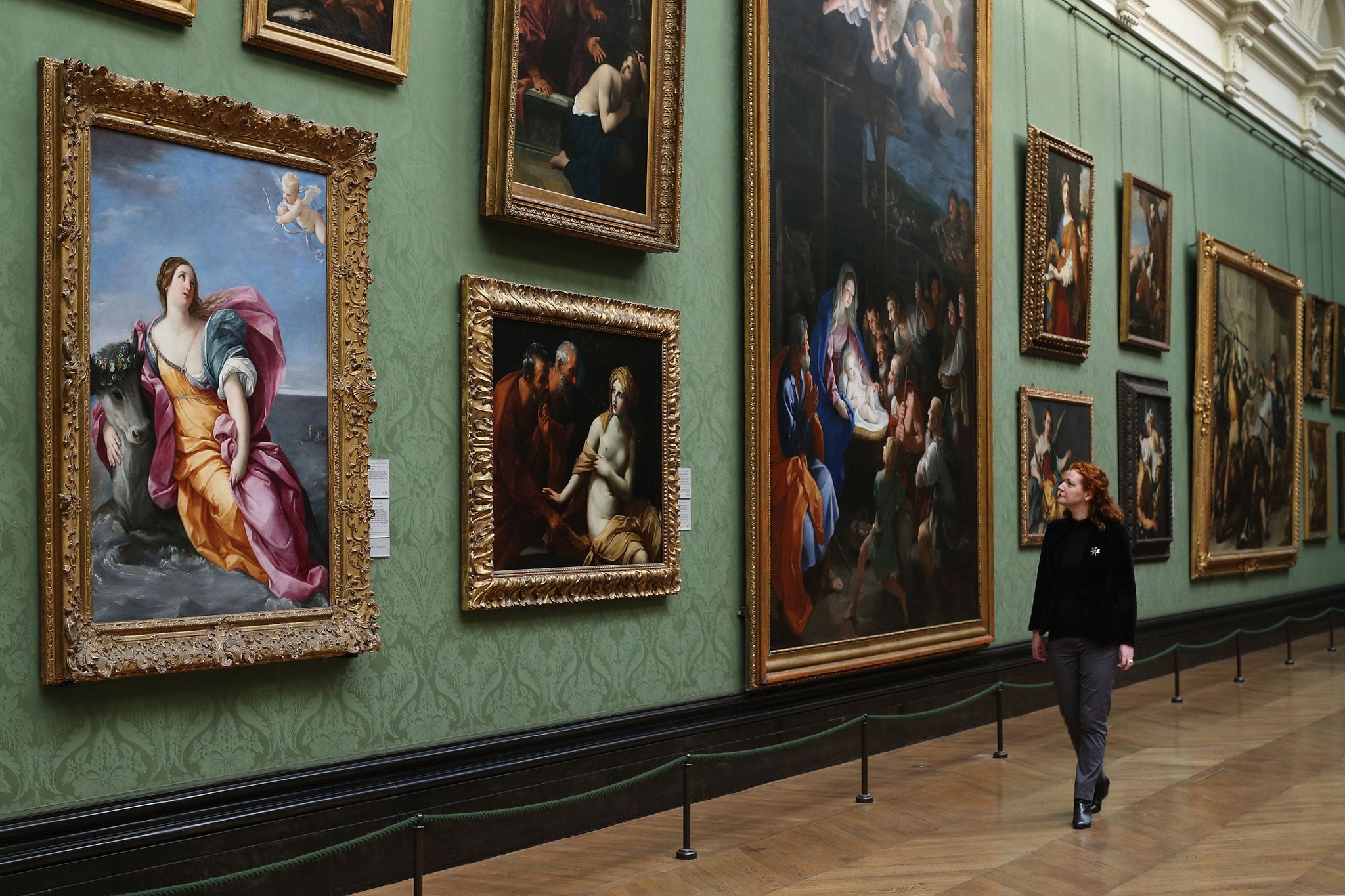Asunder, By Chloe Aridjis
This unusual novel of art, solitude and imagination breaks the rules but creates a vision of its own

Your support helps us to tell the story
From reproductive rights to climate change to Big Tech, The Independent is on the ground when the story is developing. Whether it's investigating the financials of Elon Musk's pro-Trump PAC or producing our latest documentary, 'The A Word', which shines a light on the American women fighting for reproductive rights, we know how important it is to parse out the facts from the messaging.
At such a critical moment in US history, we need reporters on the ground. Your donation allows us to keep sending journalists to speak to both sides of the story.
The Independent is trusted by Americans across the entire political spectrum. And unlike many other quality news outlets, we choose not to lock Americans out of our reporting and analysis with paywalls. We believe quality journalism should be available to everyone, paid for by those who can afford it.
Your support makes all the difference.In her charming and unconventional debut, Book of Clouds, Chloe Aridjis demonstrated a fine talent for the picaresque. Her second novel, Asunder, similarly places itself in that tradition, using the Romantic image of the wanderer to portray a young woman who drifts through her life as an observer rather than as an actor.
Marie works at the National Gallery as a museum guard, coolly and intelligently surveying paintings and the public alike, keeping her distance from both, cherishing her anonymity and invisibility. At night she returns to her flat and makes miniature installations, featuring dead moths in eggshells; artworks hinting at the restrictions of her existence. At weekends she roams around London. She visits an unnamed northern cathedral city. She visits Paris.
Simultaneously she maps for us her own mind's geography. Landmark memories include the tale told to her by her great-grandfather Ted, who witnessed a suffragette's knife attack on one of the gallery's masterpieces, the Rokeby Venus, on the eve of the First World War. Marie meditates on the cruelty of the force-feeding imposed on those imprisoned suffragettes who went on hunger strike. She leafs through a volume of photographs of the 19th-century female patients labelled hysterics by doctors such as Charcot and hypnotised into illustrative poses. Violence done by women and violence done to women: Marie's detachment and lack of engagement stand in contrast, as though she's frightened that the fact of femaleness itself might be a borderline state.
Femininity involves performance, she understands, but she prefers to stay aloof. Solitariness is a characteristic of traditional romance as well as of the Goethe variety. Marie has no close female friends to spar with, just a series of eccentric, self-absorbed male companions.
Finally, during her trip to France, Marie breaks out of her passivity. Having acknowledged that the male gaze can exert oppressive weight on its female object, she reverses roles and experiences the thrills and dangers of gazing at a man, and meets a violent response. A slashed painting; a scratched face: the reader is invited to compare them.
The narrative appears to drift, like a flâneuse, just as Marie does, which is exhilarating. The novel wonderfully disobeys all conventional rules of realism and plotting, of show-don't-tell. It has minimal dialogue. Much of its action takes place inside Marie's mind. Structured by metaphors of opposing states, it describes and embodies the imagination, currently scorned in our realism-obsessed, memoir-obsessed culture.
Powerful and artful, Asunder works like a poem, pulling us into a labyrinthine sequence of connected images. By the end, it seems like an abstract painting, apparently defying narrative time. Aridjis requires us to be active, playful readers, unwinding and re-winding Marie/Ariadne's ball of string, knotting it into our own patterns, making our own cat's-cradles of meaning. At the same time we have to yield to the novel's insistent flow, its currents and eddies of sensual thought. This all makes for rapturous and enraptured reading.
Michèle Roberts's latest novel is 'Ignorance' (Bloomsbury)
Join our commenting forum
Join thought-provoking conversations, follow other Independent readers and see their replies
Comments